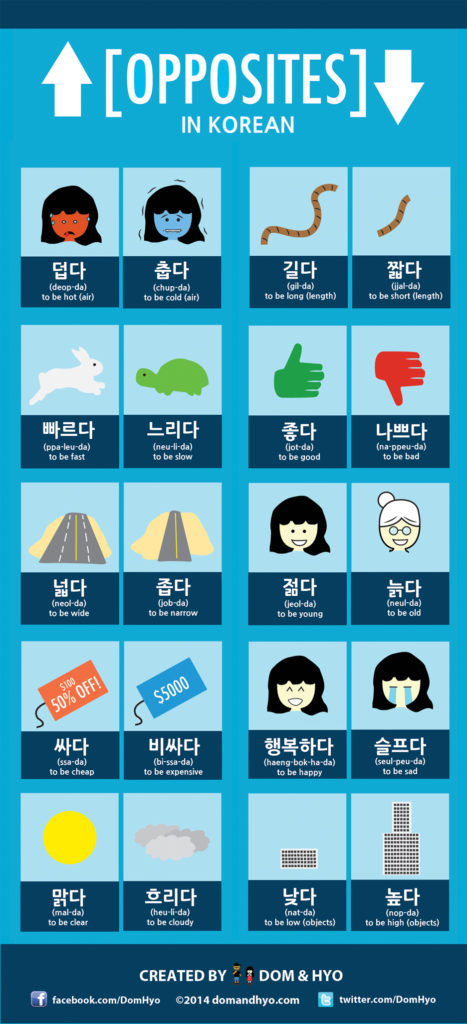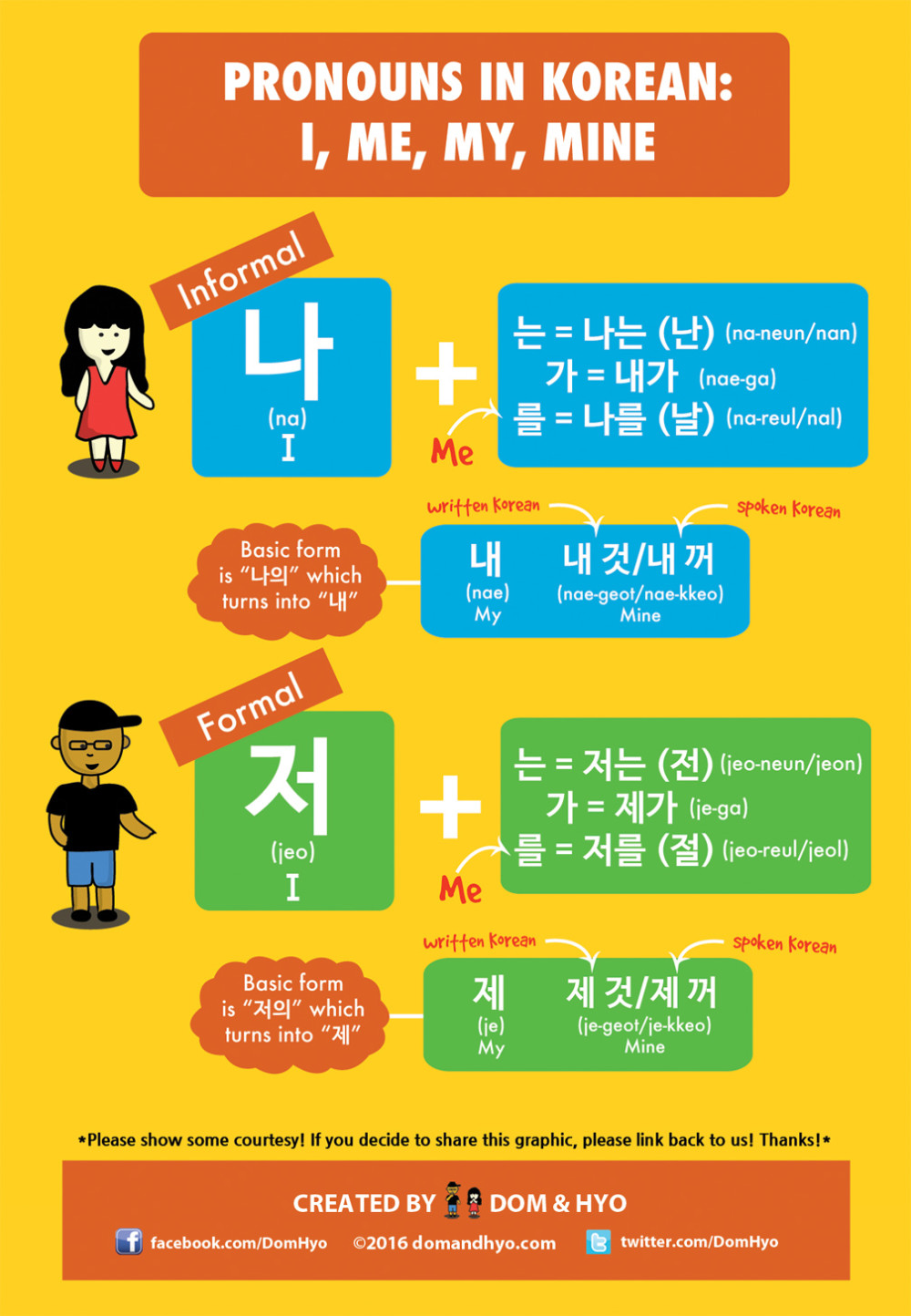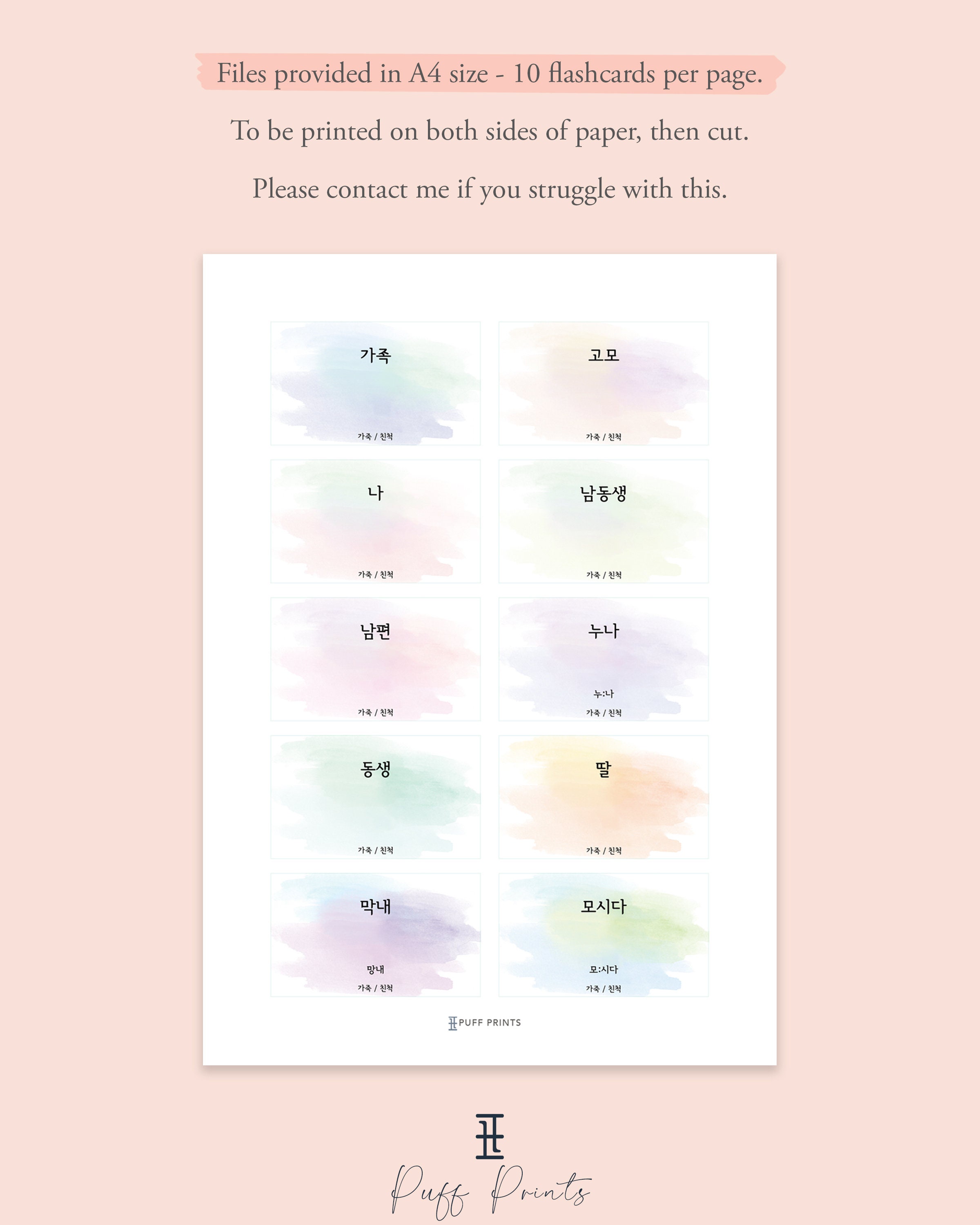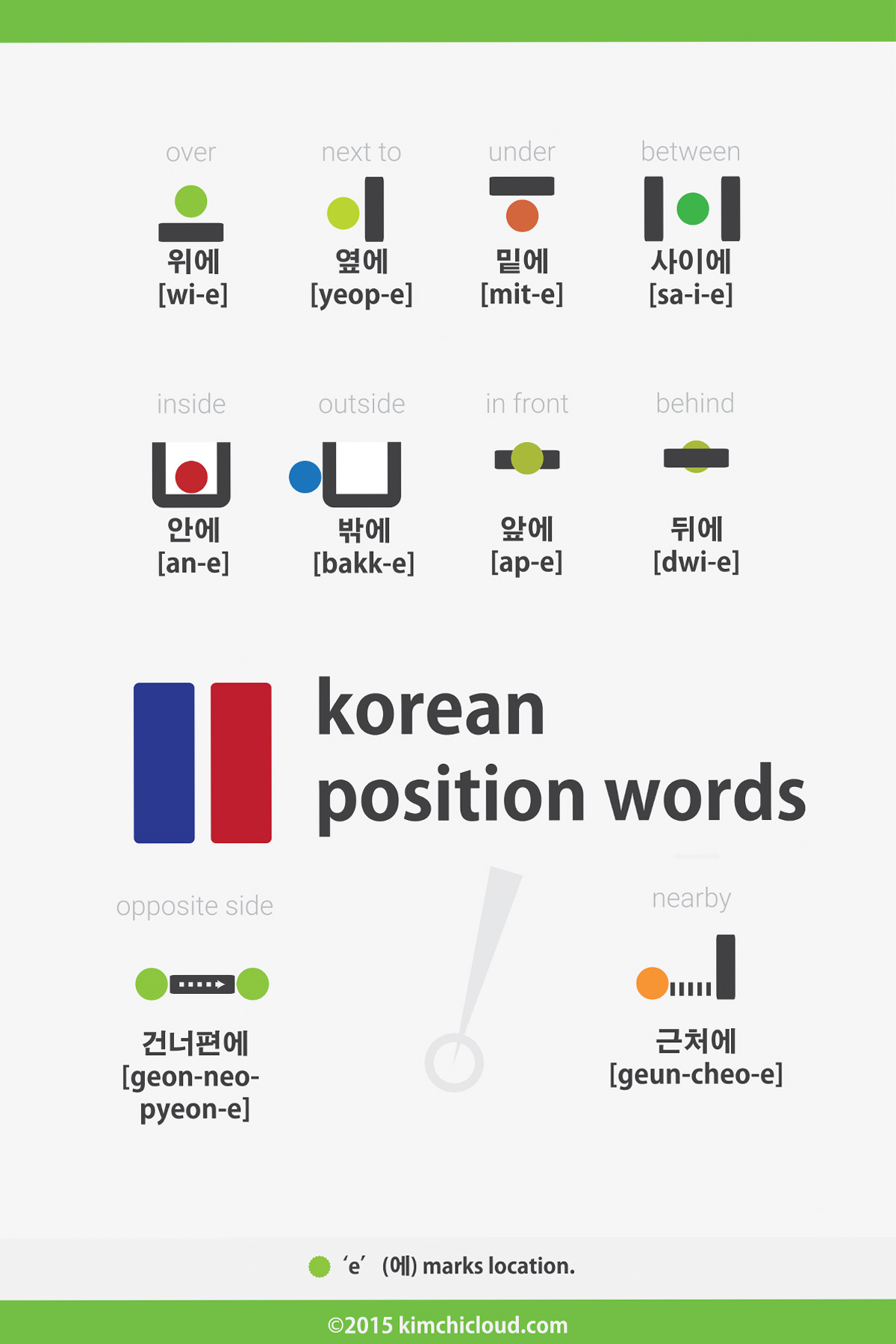

I try to post frequently, but I also try not to rush. As for me, I sort of just post when I can. Posting regularly is also good to keep the followers you have interested in your content.

This is also a way to attract more people of your target audience. You can also try following kpop fan accounts and other langblrs. You never know if the people scrolling through those tags would be interested in learning! Throw in any hashtags that come to mind, however loosely related to the lesson they might be.

Omg thank you!!! I think it’s amazing you decided to start your own langblr! I’m also glad to be an inspiration! First, I would say to use as many hashtags on your posts as possible! If you want to attract more people, this is one of the ways to do it.

Want to expand your Korean vocabulary and get closer to fluency? Get D rops Premium using my affiliate link! See you next time! 다음에 봐요! korean korean language hangul langblr korean langblr study korean studying korean learn korean learning korean studyblr studyspo studyinspo kpop kdrama exo itzy bts nct clc blackpink ateez red velvet snsd shinee monsta x skz If you want to practice writing and reading Korean with others, join my Discord chat here! That’s about it for this lesson! Even though it’s a short list, this kind of vocab is always good to know! If you want to say something like “three o’clock” = 3시.Hour = 시간 (this means “time,” but can also be used to mean “hour”).Use this first Unit Test to test yourself on what was taught in Lessons 1 – 25.안녕! Hey everyone! In this vocab list, we’re going to learn about some words related to time, like “before,” “after,” “always,” “never,” and more! Let’s start! 시작해 볼까요? Unit 1 Test: At the end of each unit, there will be a Unit Test where you can test yourself on what you learned from the previous 25 lessons. In addition, you will learn the many different ways that you can ask questions in Korean, along with the words 이렇다, 그렇다 and 저렇다. You will also learn about using 잘/못 in sentences to indicate that you do something well/poorly. Eventually, you will learn hundreds of these particles, but here in these lessons, you will be introduced to the most basic ones (~고, ~고 싶다 and ~고 있다 to name a few). Lessons 17 – 25: In these final 8 lessons of Unit 1, you will be introduced to connecting particles in Korean. In addition, you will learn about passive verbs, asking questions, and how to use many grammar formations to create many new sentences! In these lessons, you will be introduced to numbers in Korean and how to deal with telling time, counting things, and many more things that require an understanding of numbers (Korean numbers are very confusing!). Lessons 9 – 16: These lessons will build heavily on what you learned from earlier lessons. These first 8 lessons are hard, but they will be a strong foundation for your future studies You will also learn about all the irregulars in Korean grammar, and how to use them in sentences. As you progress, lessons will include more and more words to add to your vocabulary! Lessons 1 – 8: Start learning actual grammar, phrases and words that you can apply to daily conversation! We will start by introducing you to basic Korean sentence structure, which will lead into you making your own sentences using proper conjugation techniques. But, because your are just starting out, the first few lessons in this Unit will have a smaller amount of new words than usual. It is very important when you learn a language to build up your vocabulary to be able to speak in every day conversations. My little sister told me that she taught you how to read Korean! That’s good, because here in Unit 1 you will start learning basic grammar, words and sentence structures.


 0 kommentar(er)
0 kommentar(er)
